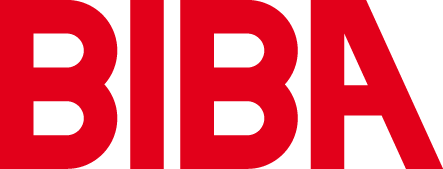i4Q Data Quality Guidelines¶
General Description¶
i4Q is, amongst others, devoted to providing methodologies, tools, and infrastructure to ensure high data quality in production. Meeting this objective will contribute to improved operational intelligence and data analysis results. Manufacturing data quality also ensures the needed accuracy and reliability of the data measured along the value chain. Data quality in manufacturing boosts (i) product quality in the supply chain; and (ii) process quality of the manufacturing companies. Data Quality in i4Q includes systematically identifying the factors that influence data quality in manufacturing by using data quality management and technologies supporting it.
This guideline supports managing data quality in manufacturing. It establishes a conceptual basis by introducing several concepts, such as data and information, data life cycle, information needs, data and information quality, and production system levels. The guideline uses the Plan-Do-Study-Act (PDSA) cycle and focuses on the Plan and Do steps. It outlines an information flow analysis for producers to understand which data quality factors the organization must manage. Besides, it suggests three types of measures to manage data quality factors. Awareness measures aim to raise awareness of data quality issues and factors among employees. They require the least effort but are also not very reliable unless strictly controlled. Programmatic measures are functions in software that force users into behavior that ensures high data quality. Examples are input validations and auto-complete. These measures are much more reliable but may be costly to implement. Organizational measures cover complex cases where other measures are not feasible. They focus on larger-scale organizational activities (e.g., work instructions, training, and new roles) to promote behavior that minimizes data quality issues.
Features¶
Conceptual basis for production data quality management
Information flow analysis guideline to identify data quality factors
Measure types to influence data quality factors
Table of Contents¶
1. Introduction 9 1.1 Overview 9 1.2 Goals 9 2. Conceptual Basis 10 2.1 Background 10 2.1.1 Data and information 10 2.1.2 Data life cycle 12 2.1.3 Information needs and users 15 2.1.4 Data and information quality 15 2.1.5 Data and information quality management 18 2.1.6 Production and production data 19 2.2 Basic guideline structure, stakeholders, and roles 21 2.2.1 Plan-Do-Study-Act (PDSA) 21 2.2.2 Stakeholders and Roles 22 3. Activity Framework 27 3.1 Information flow analysis 27 3.2 Measures to influence quality factors 29 3.2.1 Awareness measures 30 3.2.2 Programmatic measures 31 3.2.3 Organizational measures 31 4. Conclusions 32
Comercial Information¶
License¶
There is no licensing involved for using this solution.
Pricing¶
The guideline is free to use.
Associated i4Q Solutions¶
Required¶
None


